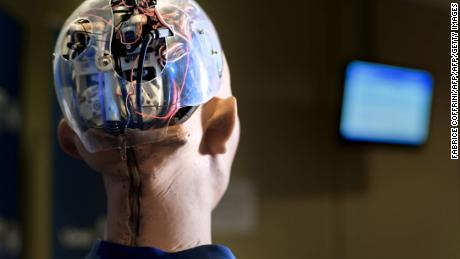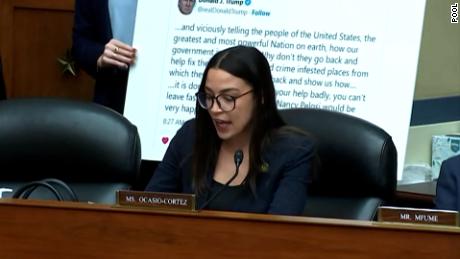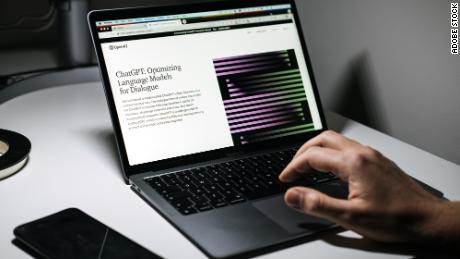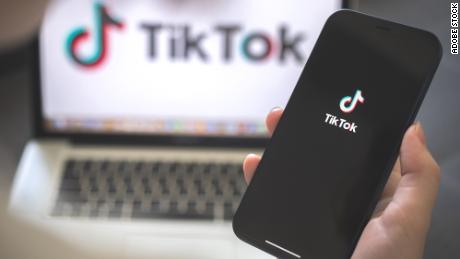New York (CNN Business)Wall Street has a message for the CEOs of unicorn startups: Act like you're ready for primetime ŌĆö or move aside.
The sudden resignation of Juul CEO Kevin Burns Wednesday comes just a day after WeWork parent We Company said its controversial founder, Adam Neumann, would step down as CEO and become non-executive chairman.
There are big differences between Juul, which is at the heart of a health crisis surrounding vaping, and WeWork, the subject of bad PR due to odd stories about how the co-working company is run and how much control its top leaders wield. But both startups have one thing in common ŌĆö they are backed by larger firms that appear to be running out of patience.
Juul now has a major minority stakeholder in Altria (MO), the tobacco giant known for the Marlboro brand. Altria owns more than a third of Juul, a stake currently worth about $13 billion.
So it should come as no surprise that Altria installed one of its own executives, former senior vice president K.C. Crosthwaite, as new CEO. It seems Burns' biggest mistake may have been taking too long to acknowledge the possible health risks of Juul's vaping products.
When stories began to surface about illnesses tied to vaping, Burns said in an interview with CBS last month that this was "worrisome," but vaping-related illnesses were probably the result of people sickened by vaping THC, not Juul products.
But the backlash to vaping has only escalated since, culminating with the FDA's September 9 decision to crack down on the company's marketing to younger users and ban certain types of flavored-vaping products. Several states have taken similar actions.
"The increasing need for the company to work with regulators, policy makers as well as the general public ŌĆö as many tobacco companies have been doing ŌĆö likely led to Juul to appoint Crosthwaite, a tobacco industry veteran," said Hyunseob Kim, professor of finance in the Johnson Graduate School of Management at Cornell University, in a report.
There is now growing speculation that Altria may even be forced to write down the value of its Juul stake.
WeWork doesn't work on Wall Street
WeWork's now-delayed IPO is another sign of how investors suddenly stopped drinking the start-up Kool-Aid.
Daniel Alpert, managing partner of Westwood Capital, said that one of the biggest problems for WeWork, as well as Uber (UBER) (which also changed CEOs before going public) and other struggling startups, is that their CEOs convinced early investors that they just needed to spend a lot of money to become market leaders.
"Many of the unicorns sold the market on the hopes of enormous profitability. There was this mythical networking effect," Alpert said. "But the barriers of entry for a lot of these businesses are just too low."
"Look at co-working. It's a good idea. But there are plenty of landlords that can easily outfit and rent out offices to provide more services. They don't need an intermediary. WeWork is not a tech company. It leases offices," Alpert added.
Investors in the public markets are clearly more skeptical now. They are poring over the details in regulatory filings and are unwilling to justify massive valuations for companies losing gobs of money. That seems to be a problem for companies like Lyft (LYFT) and Slack (WORK) as well. And it could also be an issue for exercise bike maker Peloton (PMCCF) when it goes public later this week.
There are also concerns about how unicorns ŌĆö no matter how charismatic their leaders ŌĆö will fare if the economy and broader market turns south.
"If you are already burning all this cash, how can you make it through a bumpier period for the economy?" said Stephen Brincks, a finance professor with San Diego State University.
That could be particularly problematic for WeWork.
"The autopsy on WeWork will be death by S-1," quipped Scott Galloway, a marketing professor at NYU's Stern School of Business, referring to how investors scoffed at the company's IPO filing, which revealed huge losses, a fuzzy mission statement about elevating the world's consciousness and outsized control for Neumann and his wife Rebekah.
"We may have reached peak founder," Galloway said.






















